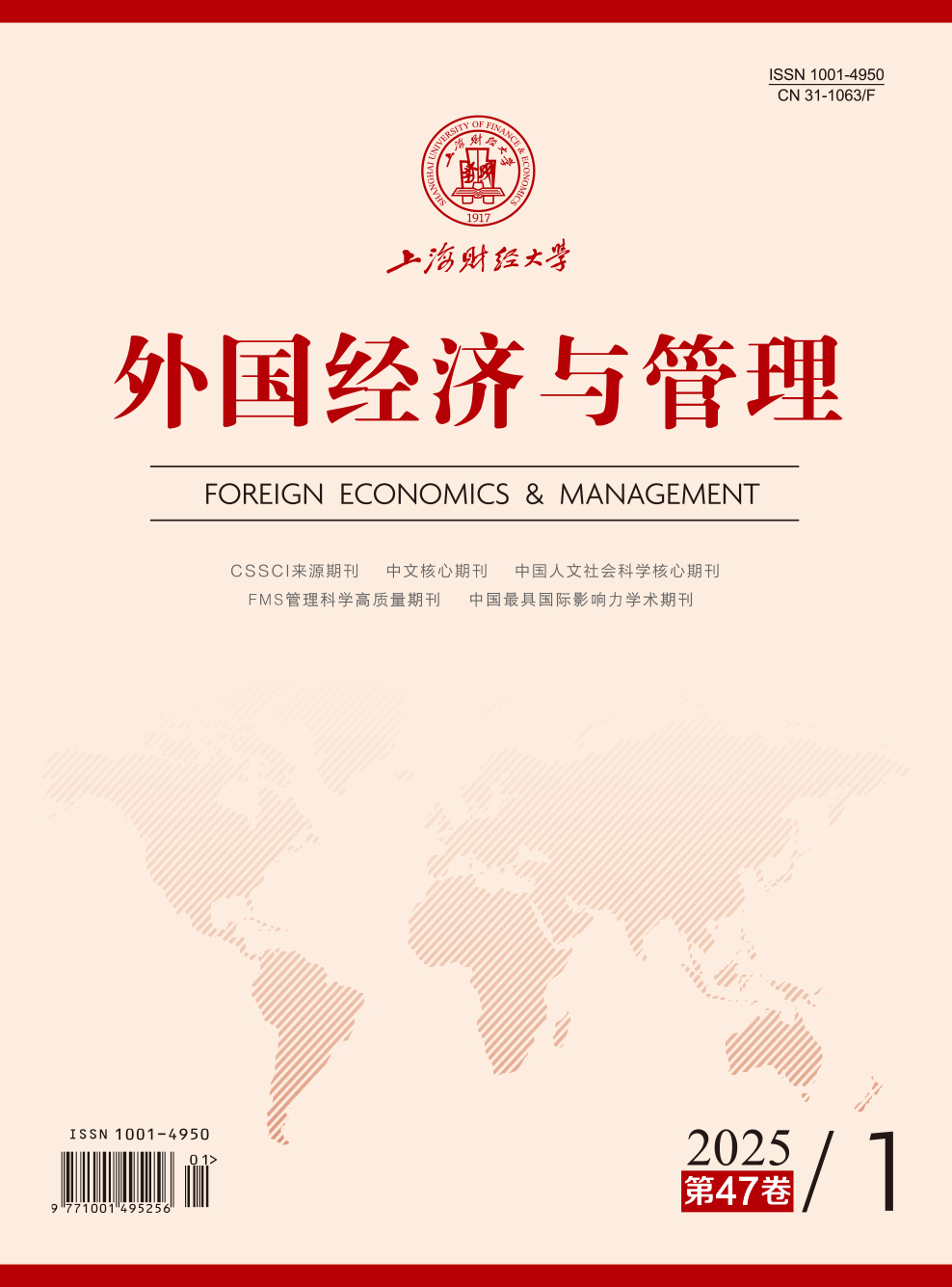In the context of promoting common prosperity, enterprises not only need to think about how to better unleash the creativity of innovative talents, but also need to establish a reasonable mechanism for sharing the achievements of corporate development and coordinate the interests and demands of different groups. Therefore, how to help enterprises build harmonious and stable labor relations through the balance of internal and external social responsibilities, and achieve the organic unity of fairness and economic efficiency in the distribution process, has become an important topic that cannot be ignored in current management practices. This paper takes China’s A-share listed companies from 2011 to 2021 as the sample to empirically examine how the inconsistency in CSR affects innovation and development. The results show that with the widening gap between internal and external social responsibilities, the innovation output decreases significantly. Mechanism testing shows that when CSR is inconsistent, the imbalance between satisfying their own needs and satisfying the needs of others will lead to a decrease in work efficiency, which in turn will lead to a decrease in innovation. Further study finds that employees are well tolerant of the slight inconsistency in CSR. When the inconsistency between internal and external social responsibilities is too large, the innovation discount effect is particularly obvious. In addition, employees’ sense of identity with the enterprise will weaken the negative impact of inconsistency on corporate innovation. Finally, it is found that innovation discount is mainly reflected in the reduction of high-value invention patents. The main contributions of this paper are as follows: First, it confirms that the inconsistency between internal and external social responsibilities has a negative impact on corporate development, enriching the understanding on CSR. Second, it confirms that corporate innovation is affected by the allocation of CSR resources, which helps to gain a more comprehensive understanding on the drivers of corporate innovation, providing new evidence to innovation activities from the perspective of organizational behavior. Third, it helps to guide the thinking on how to better coordinate the allocation of CSR resources, providing an empirical reference for enterprises to build harmonious labor-management relations and achieve high-quality development.
 / Journals / Foreign Economics & Management
/ Journals / Foreign Economics & ManagementForeign Economics & Management
JIN Yuying, Editor-in-Chief
ZhengChunrong, Vice Executive Editor-in-Chief
YinHuifang HeXiaogang LiuJianguo, Vice Editor-in-Chief
Inconsistent Behavior and Innovation Discount in Enterprises: A Perspective on the Disparity between Internal and External Social Responsibilities
Foreign Economics & Management Vol. 47, Issue 01, pp. 121 - 136 (2025) DOI:10.16538/j.cnki.fem.20240829.401
Summary
References
Summary
Cite this article
Weng Ruoyu, Ning Bo, Chen Qiuping. Inconsistent Behavior and Innovation Discount in Enterprises: A Perspective on the Disparity between Internal and External Social Responsibilities[J]. Foreign Economics & Management, 2025, 47(1): 121-136.
Export Citations as:
For
ISSUE COVER
RELATED ARTICLES




 3875
3875  4760
4760

